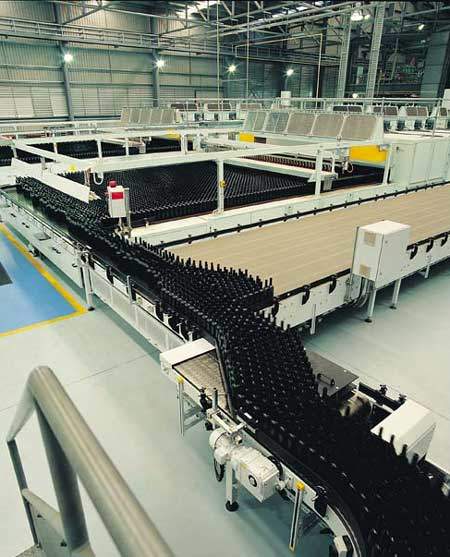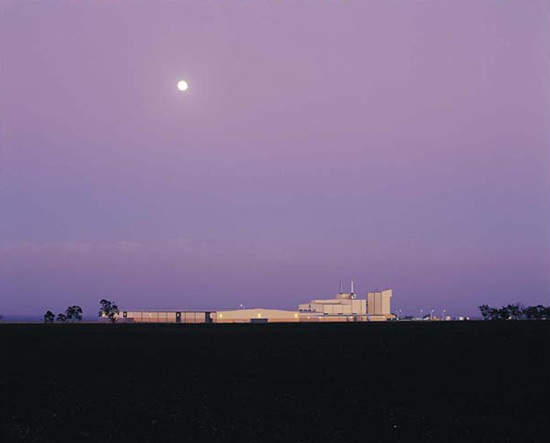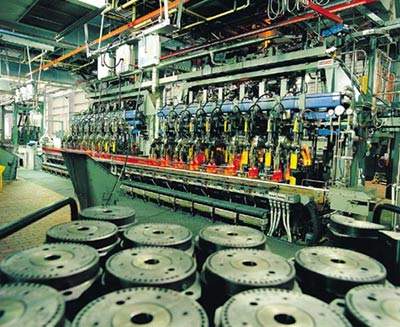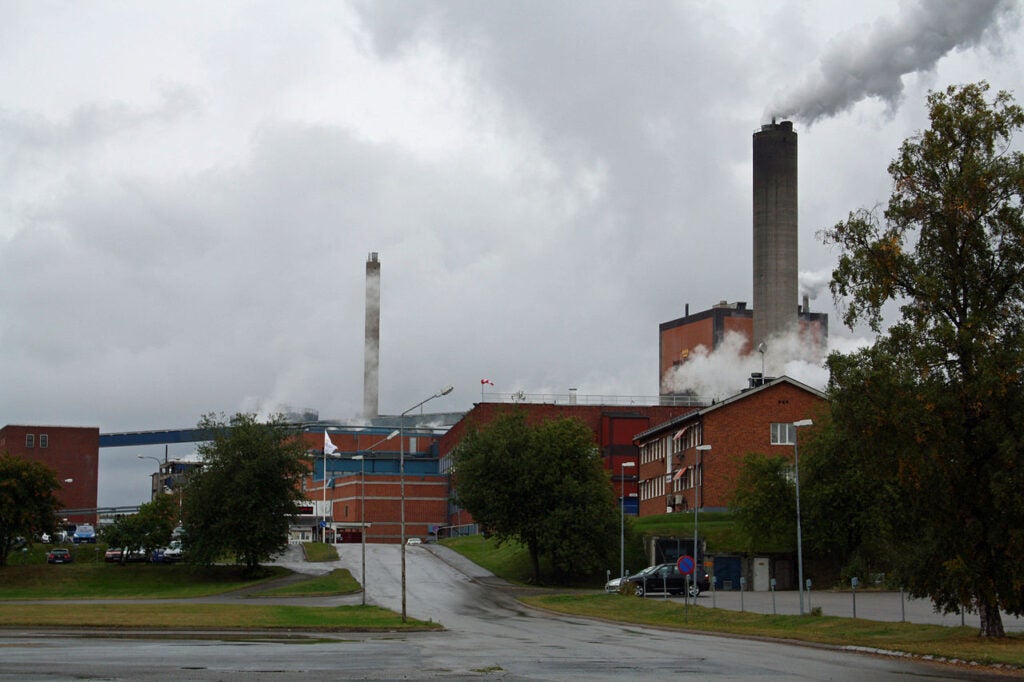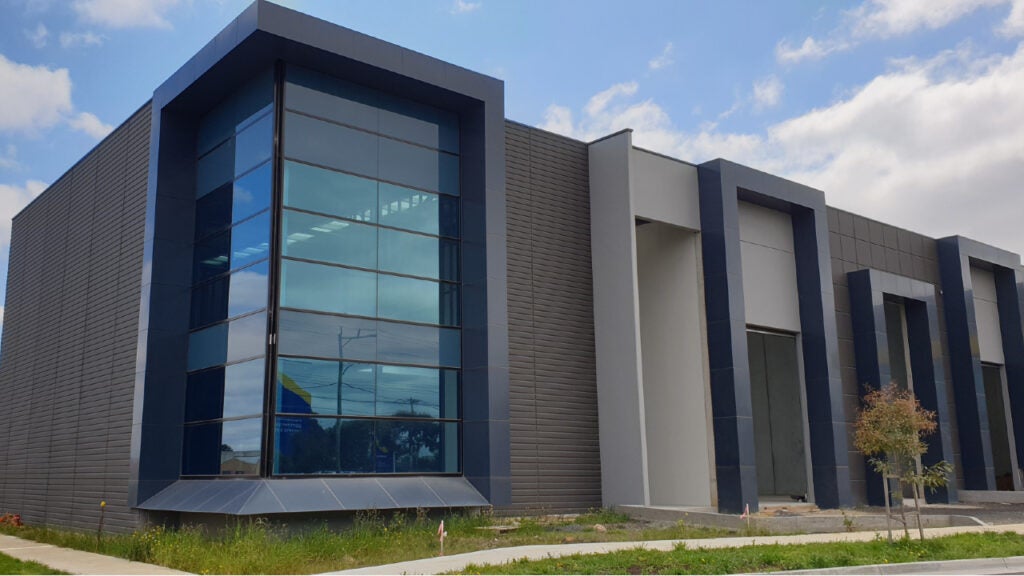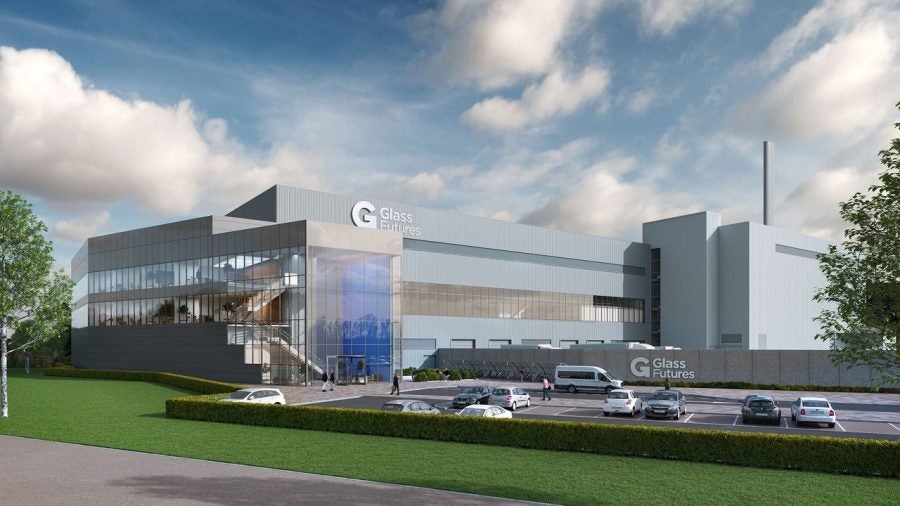The Amcor Glass Bottle Manufacturing plant, located in Gawler in South Australia is just 15 minutes away from the wine region of the Barossa Valley. The plant supplies bottles to major wine and beer groups, who between them are responsible for more than 90% of all the wine produced in Australia.
The plant was commissioned in 2002 with a single 196m² furnace. It was expanded by installing second and third furnaces in 2005 and 2010. Until the commissioning of the third furnace, Amcor manufactured only wine bottles at the plant.
The plant currently produces more than one million bottles a day in a range of shapes and colours. It has the capacity to meet future increase in demand.
Contractors
As the lead contractor, Leighton Holdings purchased the land and was the key player throughout the Gawler development. The company also sourced the contractors, awarding the contract for the electrical works to Nilsen Electrical Contracting. Nilsen used PDL Matrix switches and socket outlets throughout the complex supplied by local electrical wholesaler Lawrence & Hanson.
Australia-based Architectus were the architects, Dabtech was the project and contract manager and Heye-Glas was the supplier of manufacturing technology for all the three stages of development.
Victualic Solutions provided the industrial piping for all the three stages .
BCA Engineers provided the design and project management services and Aztec Analysis was responsible for engineering and site inspection services for Stage 3 expansion.
Initial plant construction
Leighton Holdings performed the initial stage of the bottle making plant construction in partnership with the German technology supplier Heye-Glas. It included the 32,000m² manufacturing facility, an 18,000m² warehouse, support workshops and an office complex.
As the lead contractor, Leighton purchased the land and was the key player in the Gawler development. The company also sourced the contractors, awarding the contract for the electrical works to Nilsen Electrical Contracting. Nilsen used PDL Matrix switches and socket outlets throughout the complex supplied by local electrical wholesaler Lawrence & Hanson.
Production at Gawler started in July 2002, and the plant is currently producing 600,000 bottles per day.
Glass making process
The production process uses gas-fired melting furnaces with supplementary electrical heating. The raw materials used in the product include glassmaking sand (silica), soda ash (sodium carbonate), limestone (calcium carbonate), dolomite (calcium/magnesium carbonate), feldspar (a silicate mineral), cullet (crushed, recycled glass) and minor amounts of colourants (such as iron oxide), as well as tin chloride and plastic emulsion for the treatment of the bottles’ surfaces. Most of these raw materials are sourced from within South Australia.
The raw materials are melted together in the furnace, after which blobs of molten glass are fed into the bottle making machines. They are then shaped into bottles in moulds by using compressed air that is blown into the blob to form the required shape. The bottles are then cooled in the lehrs under controlled conditions and packaged, ready for distribution to customers. The Gawler facility is designed to operate on a continual basis, manufacturing glass bottles around the clock, seven days a week.

